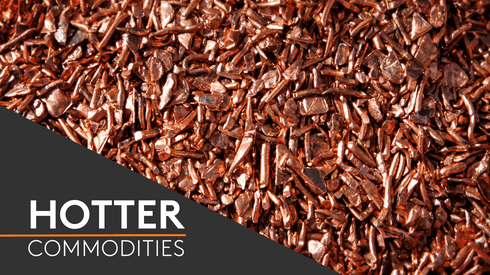A huge order to sell copper at 03:15 UK time on Thursday February 9 whacked London Metal Exchange markets very hard, with copper losing around 1.5% of its value in a matter of seconds.
The price crash also created the trade of the year so far for a nickel merchant.
He left a sell order on the LME’s electronic trading platform at $22,000 per tonne and a buy order at $21,215.
At 03:15:48, his sell order was filled; five seconds later he covered at $21,215, netting him $785 per tonne.
If he could trade that profitably all the time, he would make $4.4 million a minute or $371 billion a year, he reckoned.
Alex Harrison
aharrison@metalbulletin.com
Twitter: @alexharrison_mb




